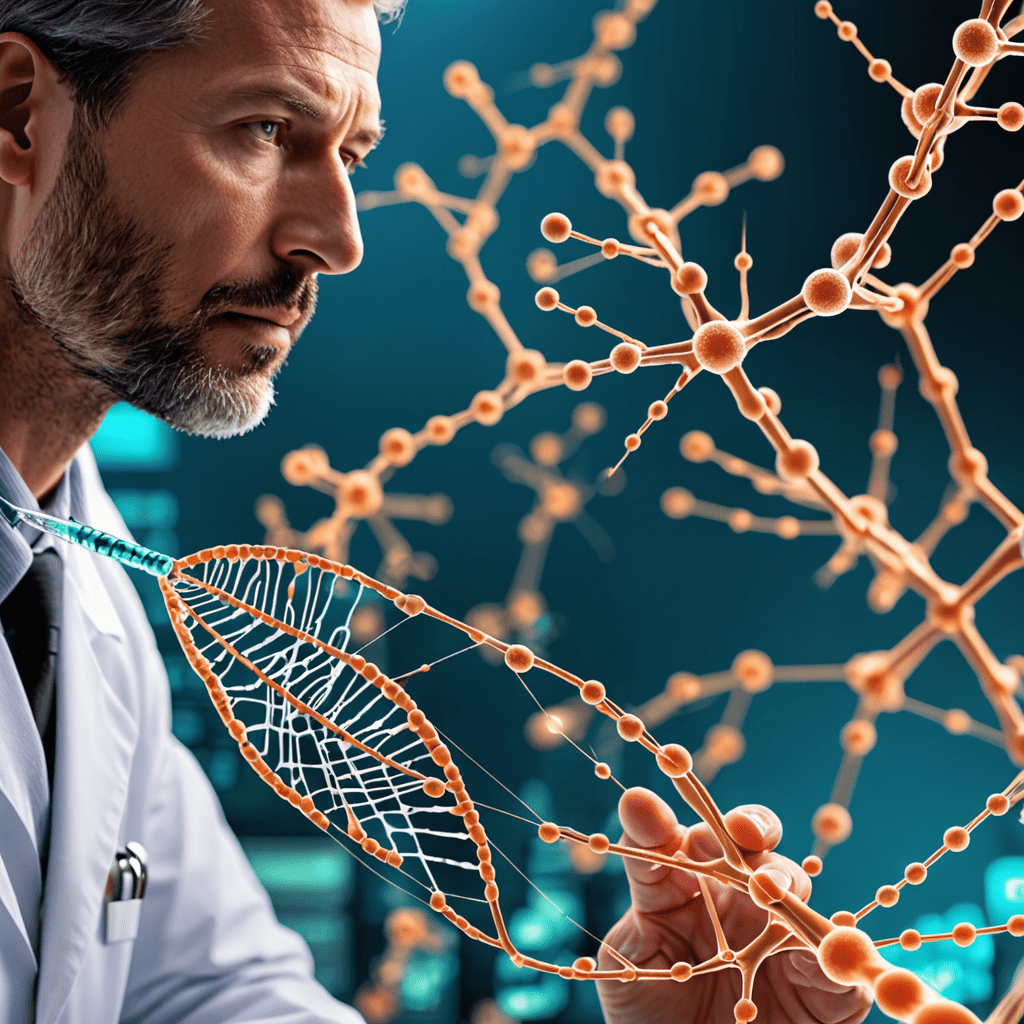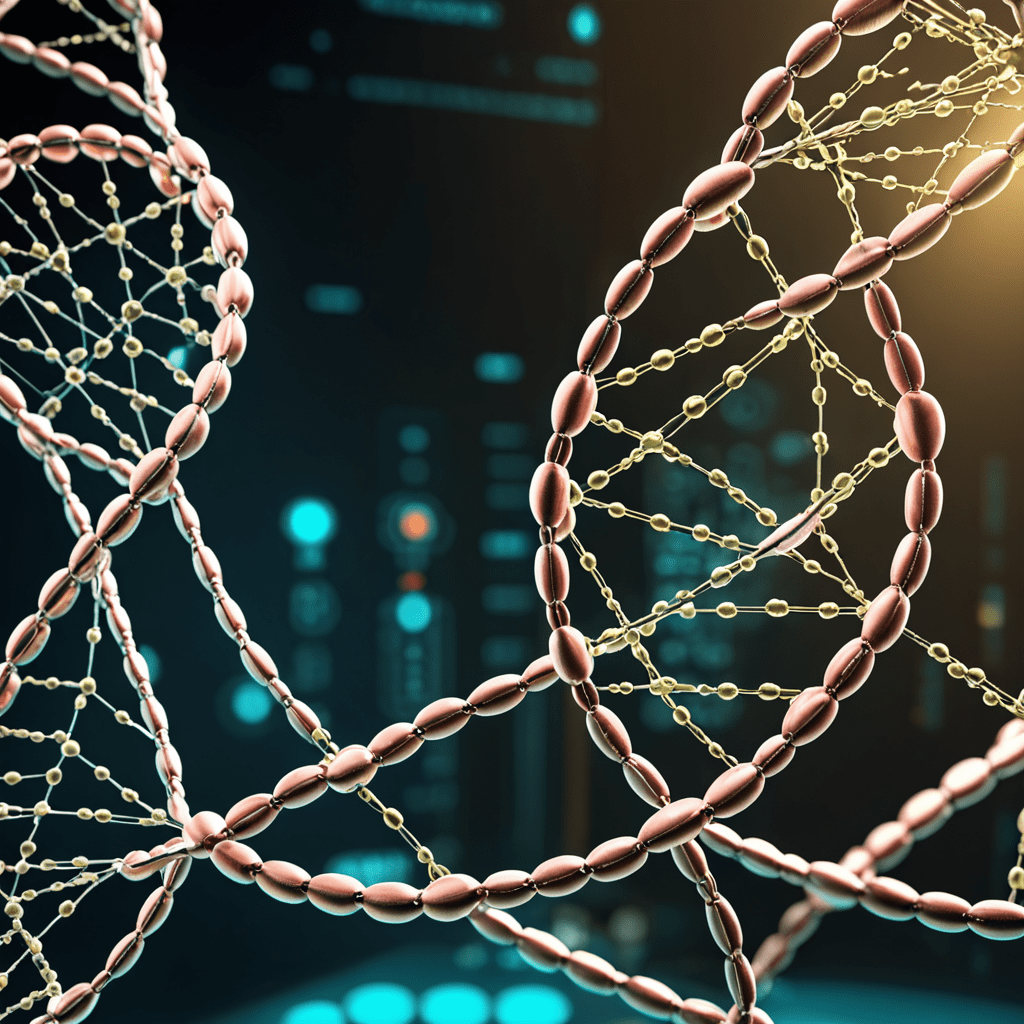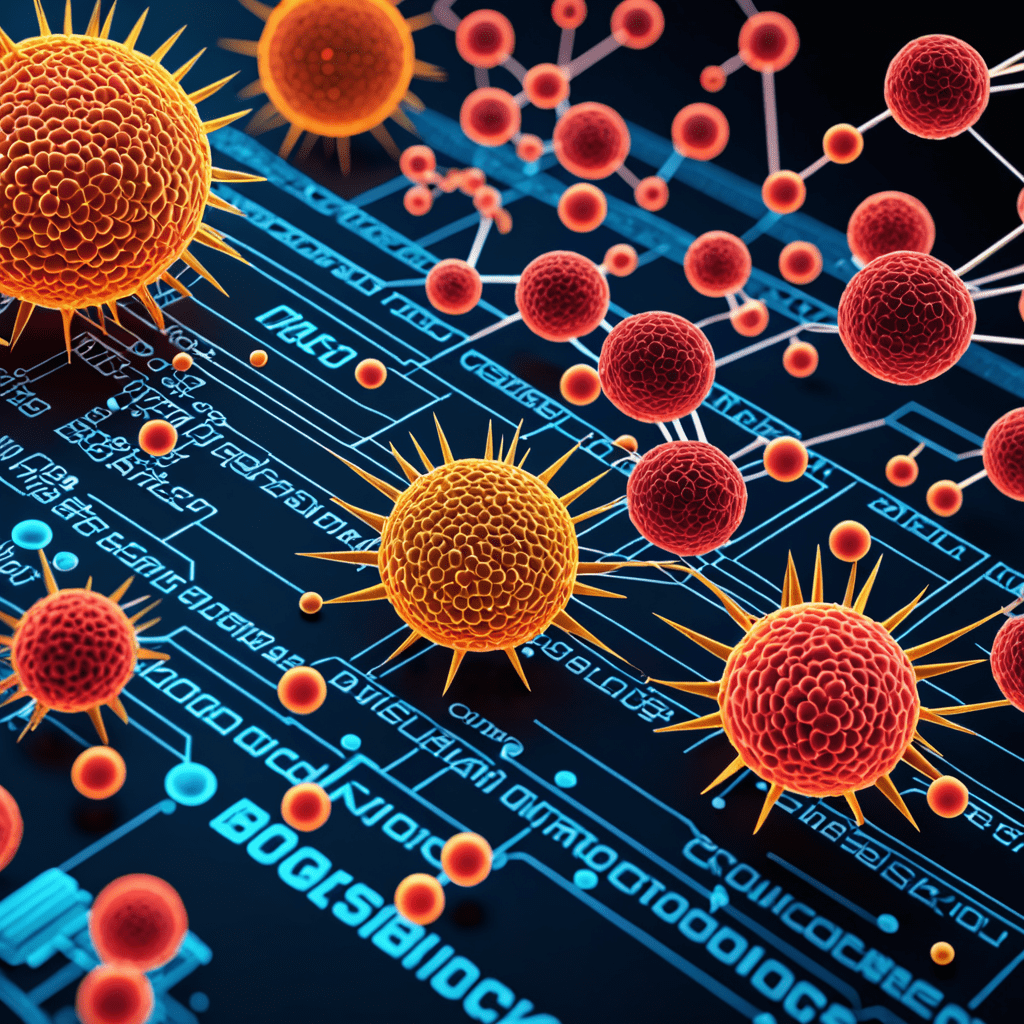Biotechnology and Synthetic Genomics: Creating Artificial Life
Biotechnology and synthetic genomics represent cutting-edge fields where scientists manipulate DNA to create artificial life forms. This innovative technology has the potential to revolutionize various industries and redefine our understanding of life itself.
The Basics of Biotechnology
Biotechnology involves using living organisms or their systems to develop products or improve processes. Scientists can modify DNA to enhance traits in organisms for specific purposes, such as increased crop yield or the production of valuable substances like medicines.
Synthetic Genomics: Redefining Life
Synthetic genomics takes biotechnology a step further by designing and constructing new DNA sequences to create artificial life forms. This process involves synthesizing genetic material in a laboratory setting, allowing scientists to engineer organisms with custom functionalities.
The Potential Impact of Artificial Life
The creation of artificial life holds immense promise across various sectors. In medicine, synthetic organisms could be designed to produce novel drugs, while in agriculture, genetically modified crops could be engineered for improved resilience to pests or environmental conditions.
Ethical Considerations
As with any groundbreaking technology, the creation of artificial life raises ethical concerns. Questions around the implications of playing “the role of a creator” and the potential risks associated with releasing synthetic organisms into the environment must be carefully addressed.
Future Prospects and Challenges
The field of biotechnology and synthetic genomics is rapidly evolving, offering exciting possibilities for innovation. However, challenges such as biosafety, regulatory frameworks, and public acceptance remain significant hurdles that must be navigated as the technology progresses.
Conclusion
Biotechnology and synthetic genomics have the power to reshape our world by creating artificial life forms with tailored functionalities. While the field holds great promise, careful consideration of ethical implications and thorough risk assessment are essential to harnessing this technology responsibly for the benefit of humanity.
Biotechnology and Synthetic Genomics: Creating Artificial Life FAQ
What is Biotechnology in the Context of Creating Artificial Life?
Biotechnology involves using biological systems and organisms to develop products and technologies. In the context of creating artificial life, biotechnology allows scientists to manipulate genetic material to design synthetic organisms with specific traits or functions.
What Role Does Synthetic Genomics Play in Creating Artificial Life?
Synthetic genomics focuses on the design and construction of artificial genetic sequences, allowing researchers to engineer organisms with novel characteristics. This field is crucial in creating artificial life by customizing genetic codes to produce organisms with desired properties.
How is Artificial Life Created Using Biotechnology and Synthetic Genomics?
Artificial life is created through a process where scientists design DNA sequences on computers, synthesize those sequences in the laboratory, and then insert them into host cells. These modified cells can replicate, leading to the development of artificial organisms with specific traits or functions.


